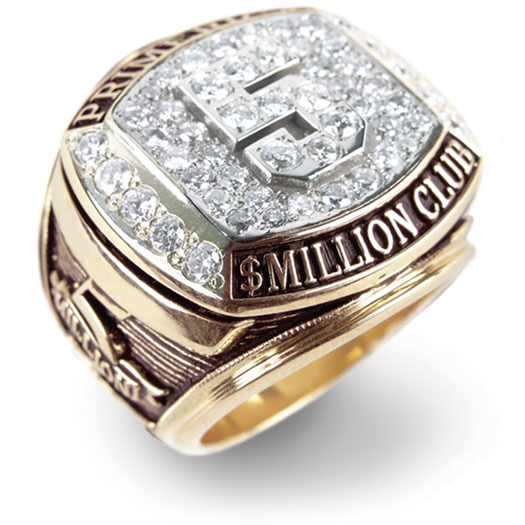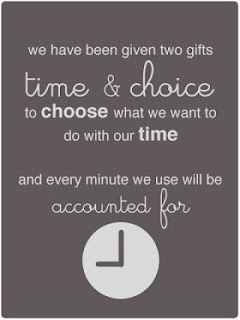There is no better time to collect your thoughts, review your goals, examine your current responsibilities, and plan your day than early in the morning when the office or house is still. Here's the early morning routine that works best for me:
Get Your Inputs (5 to 10 minutes)
I start the day by scanning my daily task list, which I have written the night before. If for some reason I haven't prepared a task list, I do it then, based on my weekly list of objectives. I then scan my e-mail, not responding to anything but noting responses that will need to be made and putting some of them down on my daily task list. I do the same with the in-box that sits on my desk. Finally, I retrieve any phone messages and if one of them requires action, make note of it on my daily task list.
I make it a point to not do any work now (send out a quick e-mail response or return phone messages) because I know if I do I'll get caught up in a lot of small stuff that will bog me down and drain my energy. Instead, I devote this input time to polishing off my daily task list. As soon as that's done, I move on to the next step.
Sort and Prioritize (5 to 10 minutes)
Now comes the fun part. Assuming my daily to-do list has already been completed, I indicate for each task the approximate amount of time I expect it will take to complete it. I always try to be realistic in my estimations of time required. Over the years, I've trained myself to be very conservative.
As a general rule, I break up tasks into 15-, 30-, 45-minute, and 1-hour increments. But every once and a while (such as right now, while I'm writing this blog), I allow myself 2 to 2 1/2 hours for a single task.
I generally like to prioritize my tasks in terms of their importance and urgency. This idea is based on the quadrant developed by Steven Covey in his popular 7 Habits books. He identifies tasks as being either (1) Important and Urgent, (2) Important but not Urgent, (3) Unimportant but Urgent, or (4) Unimportant and not Urgent.
If we work with this idea, your daily schedule should be focused mainly on (1) and (2) tasks, because these require immediate attention or will advance you toward your ultimate goals. Your schedule should contain a diminishing number of (3) tasks (since they indicate that you are not in control of your schedule), and no (4) tasks at all.
Another way to set priorities is to think in terms of the old 80/20 rule. As applied to productivity, the rule says that 80 percent of the things you do every day contribute to only 20 percent of the progress you make. But that means 20 percent of what you do is responsible for 80 percent of your success. For our purposes, the way to use the 80/20 rule is to scan the tasks on your to-do list and highlight the 20 percent (the 2 out of 10 or 4 out of 20) that will make a giant difference in your life. If you are thinking right, the tasks you highlight will be the ones that support your life goals.
Start With Something Really Important (15 to 60 minutes)
The third and most important part of my get-into-the-office-early time is devoted to accomplishing one Important-but-not-Urgent task.
I like to start out the day with a nonurgent task because these are usually the tasks that make the biggest, long-term differences in your life - and because they are not urgent, tend to be overlooked. In terms of wealth building, your Important-but-not-Urgent tasks might include
- Learning or improving a financially valuable skill
- Expanding your support network
- Pushing forward a major project that has stalled
- Writing a memo that will advance your career
- Brainstorming a new project
This is one of the reasons I don't allow myself to solve or even answer any of the problems I run into during my early-morning review of e-mails and my in-box. I understand the productivity concept of not looking at anything twice, but my early morning hours are just too important to spend on anything other than organizing, prioritizing, and attacking my Important-but-not-Urgent tasks.
I answer e-mails only once or twice a day, but not first thing. If I do that, I find myself quickly sucked into issues and situations that (1) aren't important, (2) can often be handled just as well by someone else, (3) don't advance my long-term goals, and (4) sap me of mental and emotional energy that could be put to better use elsewhere.$
[Ed. Note: If you're not happy with your financial situation, you're in the perfect position to change it for the better – right now. Ray has just released a special video that covers an online business system that you can use to start growing your wealth. To watch this short video, click the following link: http://www.raybuckner.com]







No comments:
Post a Comment